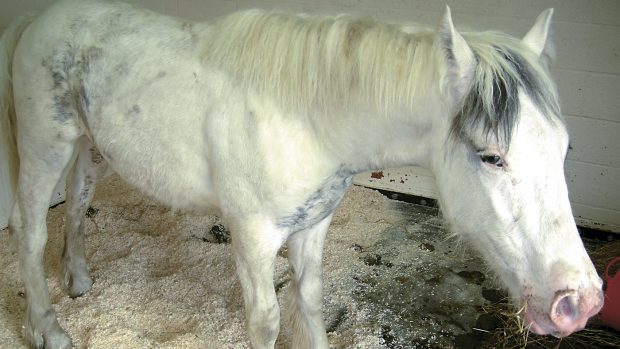Q: Most competition organisers insist on full vaccination certificates atevents. I know these rules are to prevent the spread of infection, but why are horses that are vaccinated just a day late excluded from entry? Surely the drug’s efficacy is unaffected by it being administered only one or two days after the due date? Also, can vaccinated horses still carry an infection without being affected by it themselves?
Jo Holmes MRCVS replies: The Jockey Club was responsible for first introducing rules for the equine influenza vaccine more than 20 years ago, and other organisations followed suit.
You are right to assume that in most cases, a vaccine provides immunity beyond the 365 day deadline, but drug companies must test products rigorously for efficacy and safety, and will notguarantee immunity beyond the recommended vaccination protocol. The rules were formulated not to inconvenience people, but to ensure protection and fairness to all.
Vaccinated horses can still catch a milder form of influenza, and may show few symptoms. Therefore, in an outbreak, all “in-contact” animals need to be isolated as well as those with obvious clinical signs. However, they are unlikely to remain carriers, as the virus runs its natural course and the horse’s immune system should overcome it in four to six weeks.I sympathise with your frustration, but the rules are reasonable, and it is predominantly the correct and blanket usage of vaccine in the UK that ensures there are so few outbreaks of influenza in our equine population.
| Click here to subscribe to HORSE magazine, which is packed with horsecare features every month |




